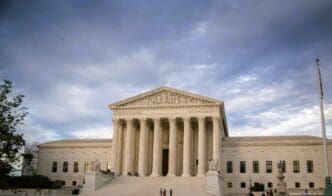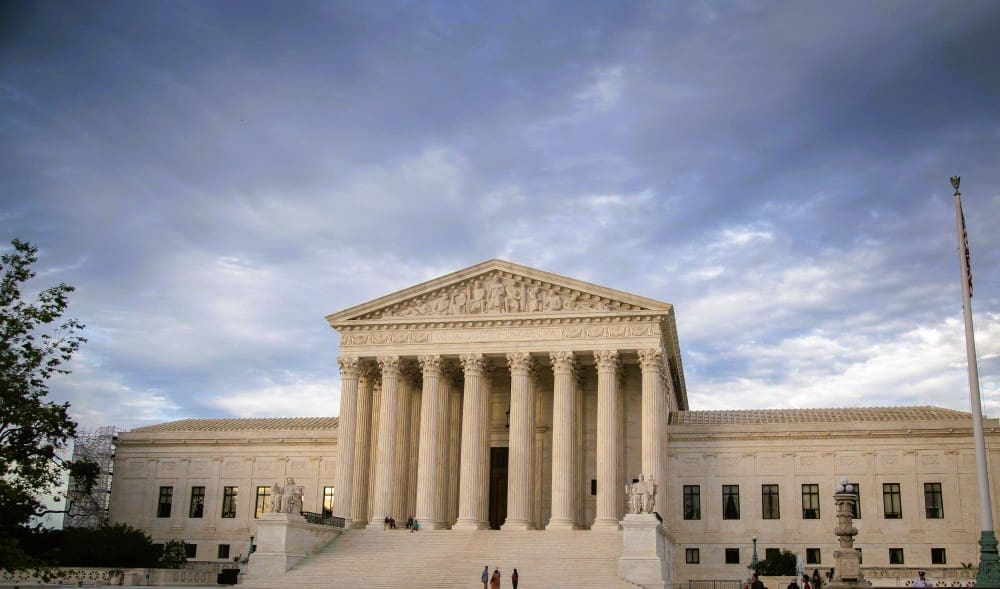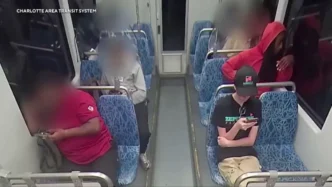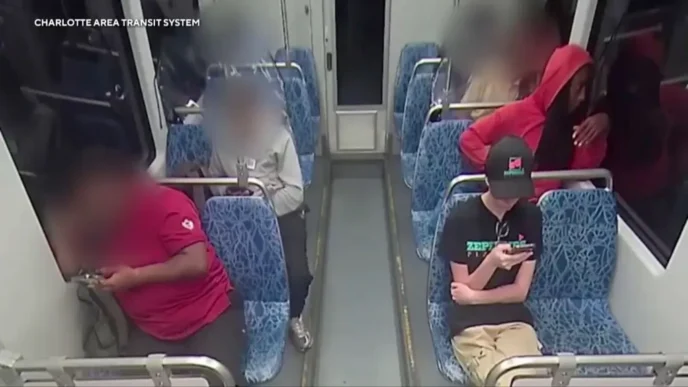The U.S. Supreme Court has authorized the Trump administration to resume deportations of Venezuelans under an 18th-century law, contingent upon court hearings being provided. This decision, released on Monday evening, reverses a lower court’s temporary block on the controversial policy. The 5-4 ruling did not address legal questions concerning President Donald Trump’s application of the Alien Enemies Act but determined that Venezuelan migrants accused of gang affiliation must be allowed “reasonable time” to contest their expulsions. The justices also criticized the legal team representing five Venezuelans for filing a lawsuit in Washington instead of Texas, where the migrants were detained.
This ruling follows the recent deportation of 238 Venezuelans from the U.S. to a mega-prison in El Salvador, despite a directive from U.S. District Judge James E. Boasberg to have the planes return. Conservative Justice Brett Kavanaugh, who voted in favor of the decision, emphasized that all justices agreed the migrants should receive judicial review, with the only contention being the location of such reviews. Liberal justices, including Sonia Sotomayor, expressed concerns about the decision, questioning the application of the Alien Enemies Act of 1798. Sotomayor noted the absence of an ongoing war with Venezuela or the Tren de Aragua gang being a ‘foreign nation,’ suggesting the administration aimed to expedite the deportations before judicial review could occur.
Justice Sonia Sotomayor, joined by Justices Ketanji Brown Jackson, Elena Kagan, and partially by Amy Coney Barrett, labeled the court’s legal reasoning as “suspect.” Sotomayor criticized the government’s approach as a threat to the rule of law, while Justice Jackson objected to handling the case through the emergency docket without full briefing and oral argument.
The Trump administration praised the Supreme Court’s ruling, with President Trump describing it as a “great day for justice in America” on his social media platform, Truth Social. Secretary of Homeland Security Kristi Noem, who visited the Salvadoran prison where the deportees are held, supported the decision, claiming it empowers Trump to prevent an “invasion” by alleged terrorists. The American Civil Liberties Union (ACLU), representing the Venezuelan migrants, acknowledged the ruling’s emphasis on due process as a significant victory.
Recent reports have questioned the legitimacy of the deportations, citing cases like a Venezuelan makeup artist and Kilmar Abrego Garcia, a Salvadoran national mistakenly deported due to an administrative error. The U.S. government claims it lacks the means to return Abrego Garcia. In response to judicial challenges, Trump and his allies have called for the impeachment of Judge Boasberg, who attempted to halt the deportations to El Salvador.
Understanding the Impact
- The Supreme Court’s decision may lead to increased deportations, affecting Venezuelan communities in the U.S. and their families.
- The ruling highlights the legal complexities surrounding immigration policies, which could impact future court cases and legislative measures.
- Questions surrounding the application of the Alien Enemies Act may prompt discussions on the balance between national security and individual rights.
- Concerns over due process for non-U.S. citizens could influence public opinion and advocacy efforts regarding immigration reform.
- The decision may affect diplomatic relations between the U.S. and Venezuela, as well as other countries involved in similar cases.














